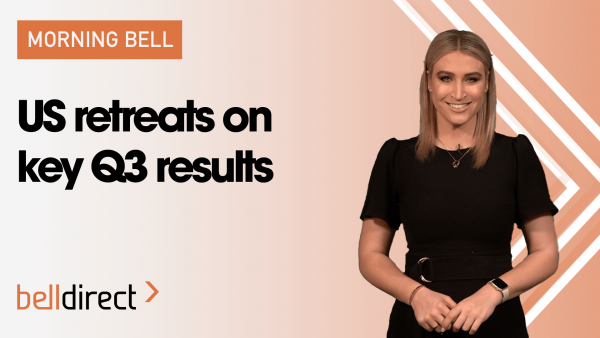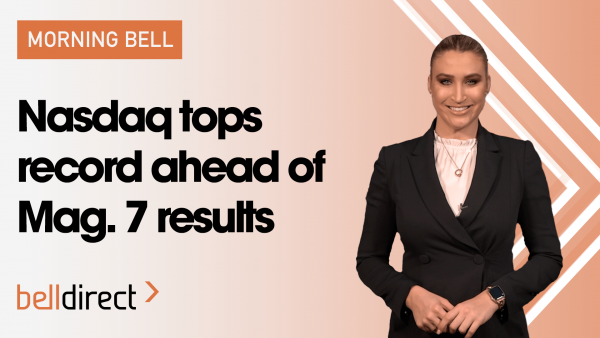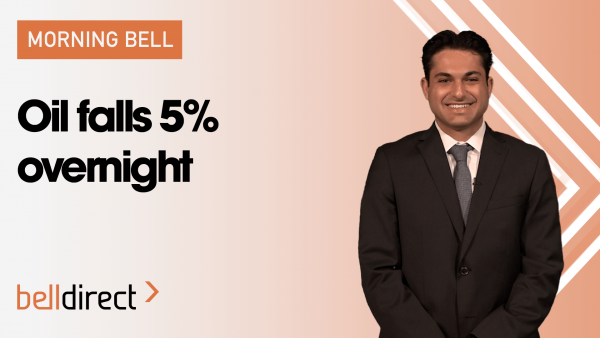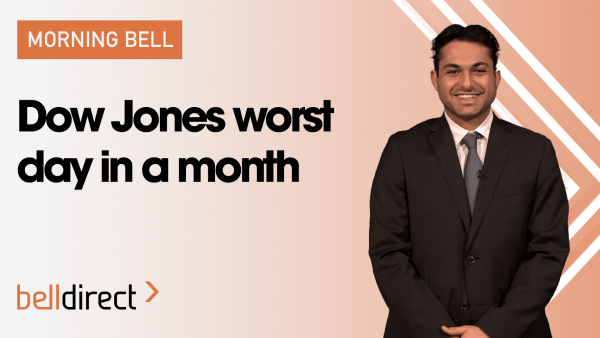Market wraps 16th April 2024
Morning Bell - Sam Kanaan
Wall St closed lower overnight as geopolitical tensions continue in the Middle East. The Dow Jones fell 0.65%, the S&P500 lost 1.2% and the tech-heavy Nasdaq ended the trading day, 1.79% in the red.
The CBOE Volatility index, Wall Street’s fear gauge closed at its highest level since October following Iran’s attack on Israel on Saturday night, the first direct attack on Israel from Iran.
Over in Europe, markets closed mixed as investors react to the Middle Eastern War. The STOXX600 closed marginally higher with oil and gas stocks leading losses down 1.6%. Germany’s DAX rose over half a percent, the French CAC gained 0.43% and over in the UK the FTSE100 closed 0.38% lower.
Locally yesterday, the ASX200 closed 0.46% lower with the majority of the sectors finishing in the red. Losses were led by the information technology and communication services sectors which lost 1.75% and 1.05% respectively. This was offset by the energy sector which gained 0.38%.
What to watch today:
- The ASX200 is set to open lower with the SPI futures suggesting a fall of 0.81% at market open this morning.
- On the commodities front this morning,
- Oil is trading 0.06% higher at US$85.68 a barrel as investors react to the Middle Eastern tensions.
- Gold is trading 1.71% higher at US$2383 an ounce and iron ore is trading 1.28% higher at US$106.05 cents a tonne as markets increased their bets of higher demand for iron from Chinese steel producers.
Trading Ideas:
- Bell Potter maintains a buy rating on Life360 (ASX:360) and has a 12-month price target of $16.25. The buy rating is maintained by Bell Potter with first quarter results to be released on the 10th of May, with forecasts and already released metrics implying a solid quarter and a positive start to the year.
- And Bell Potter maintains a hold rating on Droneshield (ASX:DRO) and has increased its 12-month price target to $1.00. The hold rating is recommended as despite strong results in 2024, the announcement of only one single material contract year to date makes Bell Potter believe there is a heightened downside risk at current levels if contracts in the pipeline are delayed until the second half.










_600_338.png)

-min_600_338.png)